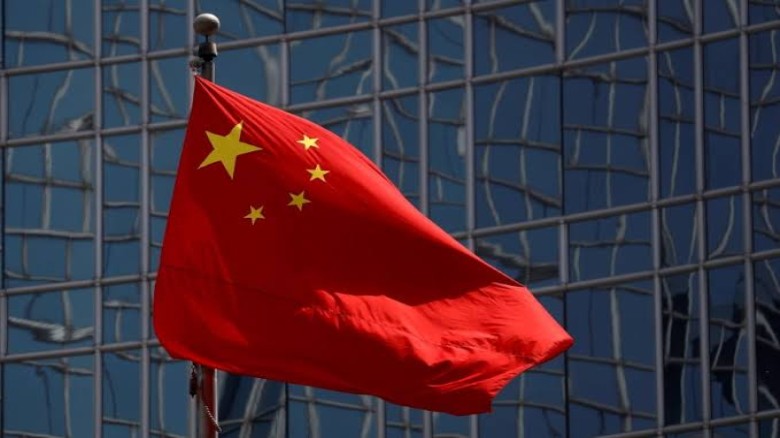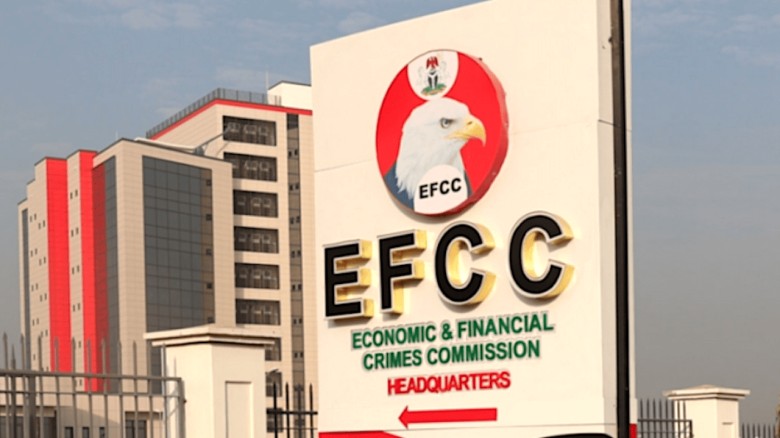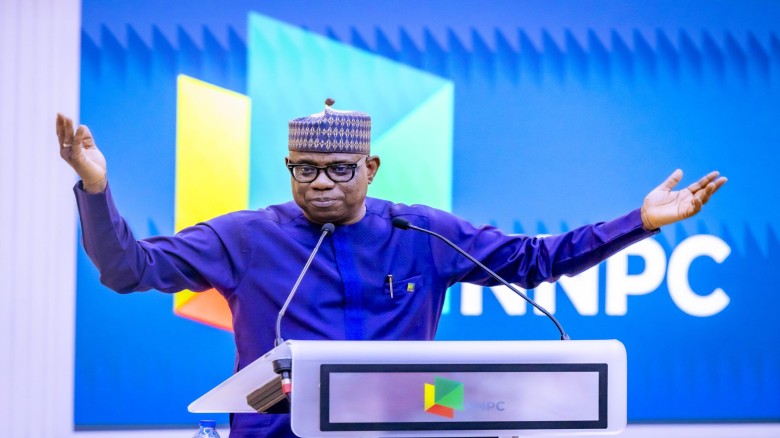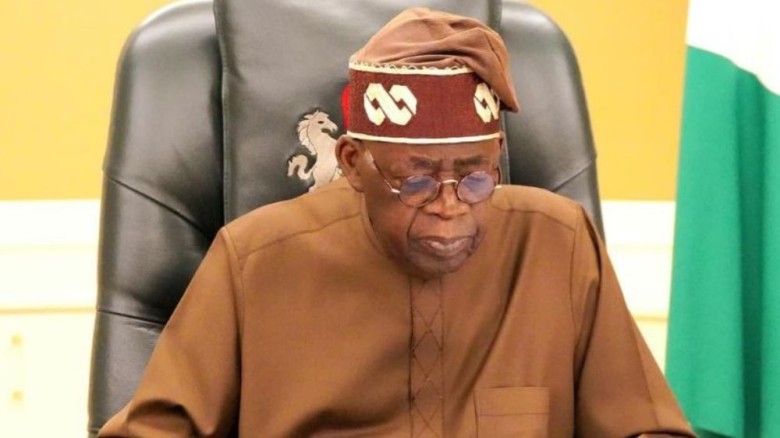Rising fuel prices will worsen economic hardship, warns NACCIMA
The recent increases in petrol pump prices in Lagos and Abuja have raised significant concerns for the Nigerian Association of Chambers of Commerce, Industry, Mines, and Agriculture.
These rising costs have the potential to trigger a cycle of economic hardship across the country, as cautioned by the association.
According to Nairametrics, Mr. Dele Oye, the NACCIMA’s National President, disclosed these concerns in a statement made in Lagos on Wednesday.
Mr. Oye emphasized the strain that the current prices, which have reached N998 per litre in Lagos and N1,030 per litre in Abuja, are putting on businesses and households nationwide.
He warned that the price hike could result in increased transportation costs, worsen inflation, and negatively impact small and medium-sized enterprises.
Mr. Oye stressed the necessity for a thorough assessment of the economic implications, especially in terms of pricing for goods, services, and transportation.
He stated, “This increase in fuel prices will lead to higher freight charges since transportation costs are directly linked to fuel prices.
"Given that fuel plays a significant role in driving inflation, the rise in petrol prices will worsen Nigeria's already high inflation rate.
"Households will not only have to pay more for fuel but also for everyday goods and services, leading to a dangerous cycle of rising costs and economic hardship.”
“The recent fuel price increase will have a significant effect on micro and nano businesses, many of which heavily depend on petrol generators for their operations,” added Mr. Oye.
He emphasized that the economic prospects for SMEs could shift from potential growth to mere survival, impacting not only individual businesses but also hindering job creation and economic progress in communities throughout Nigeria.
The NACCIMA president urged the NNPCL to extend support for the Dangote refinery, suggesting that such support could help stabilize local petrol prices, reduce Nigeria's reliance on imported fuel, and promote national self-sufficiency.
Mr. Oye also called on the Central Bank of Nigeria to enhance its efforts in implementing monetary policies that stabilize or strengthen the Naira.
He cautioned that rising importation costs, driven by currency depreciation, could further push up domestic fuel prices.
AMBusiness reported yesterday that petrol prices at NNPC retail stations in Lagos have surged from N885 per litre to N998, leading to long queues at filling stations across the city.
























Leave A Comment